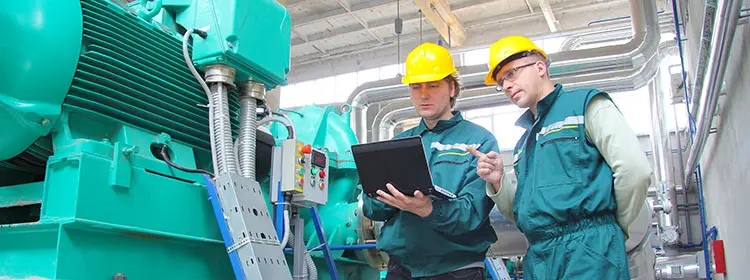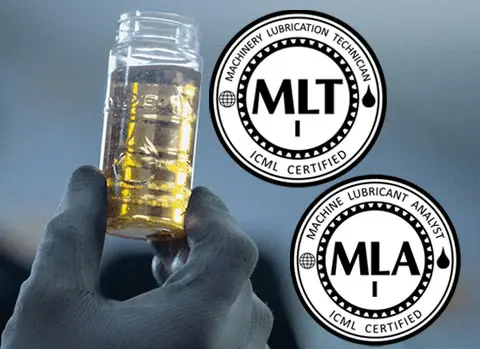Efficient lubricant management for greater safety and economy
Effective lubricant management is key to increasing operational reliability and reducing total cost of ownership (TCO). The correct selection, application and optimal management of lubricants are often underestimated – yet they offer great potential for cost reduction and process optimisation.
Why is lubricant management so important?
Lubricants often work behind the scenes: once they have been added to the system, they quickly disappear from view. It is only when problems arise that many operators realise how crucial the quality and correct use of lubricants are for trouble-free operation. Errors in lubricant use lead to considerable follow-up costs, which can exceed the actual lubricant costs many times over.
In our practical seminar, you will learn how to optimise your lubricant use and adapt it to the individual requirements of your production facilities. Proven methods such as simplifying varieties, lubrication schedules and labelling systems enable you to make your maintenance processes more efficient and sustainable.
Module 3 of the training series


- Understanding the importance of efficient lubricant management for plant reliability and cost-effectiveness
- Optimise lubricant use through simplification of types and lubrication schedules
- Use labelling systems to simplify processes
- Perform oil monitoring and quality control for early detection of faults
- Correctly implementing refilling and filtration
- Consider seal compatibility when selecting lubricants
- Integrating lubricants as part of comprehensive maintenance systems

- Maintenance specialists from industry with a focus on lubricant management
- Technical specialists and managers from the mineral oil industry
- Specialists and managers from machine and component manufacturers with a focus on lubrication and lubricants
- Specialists and managers from lubricant-related services, e.g. oil filtration, oil changes, oil monitoring and system cleaning








